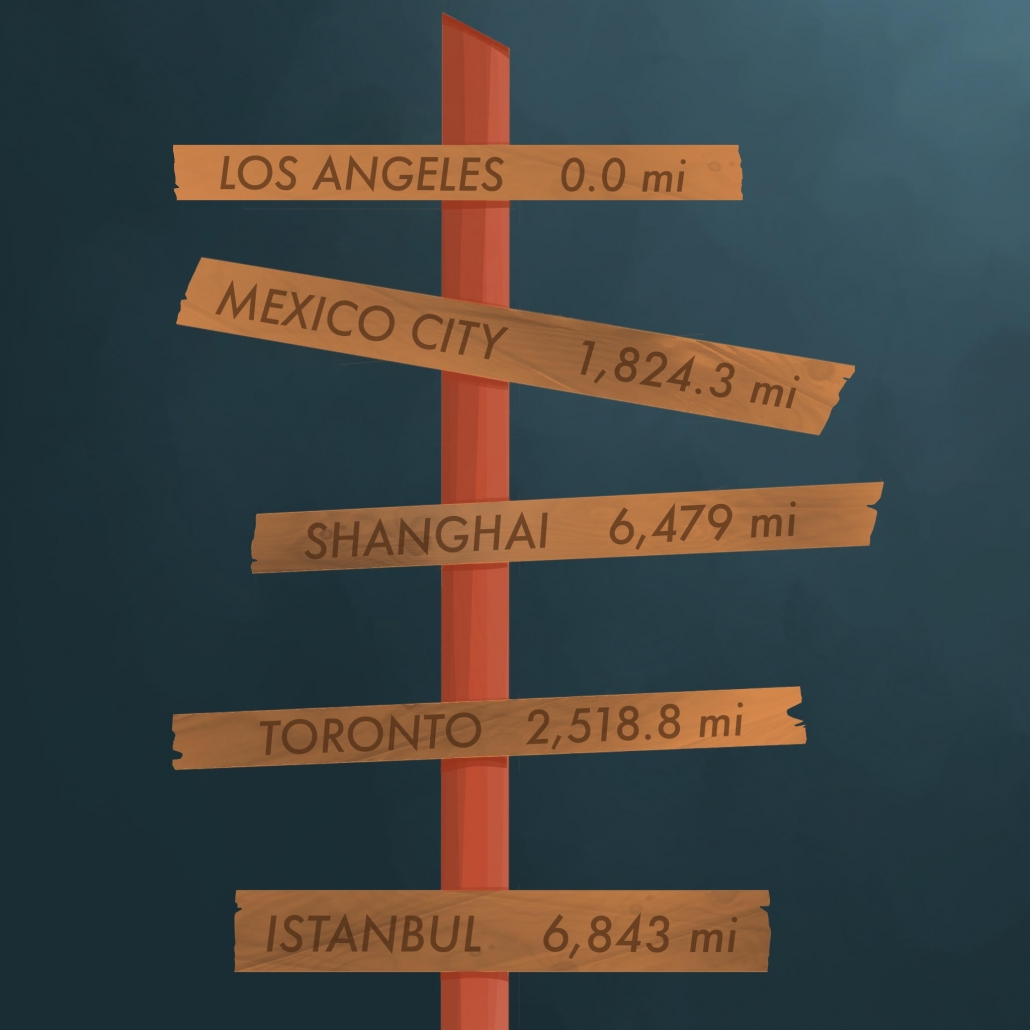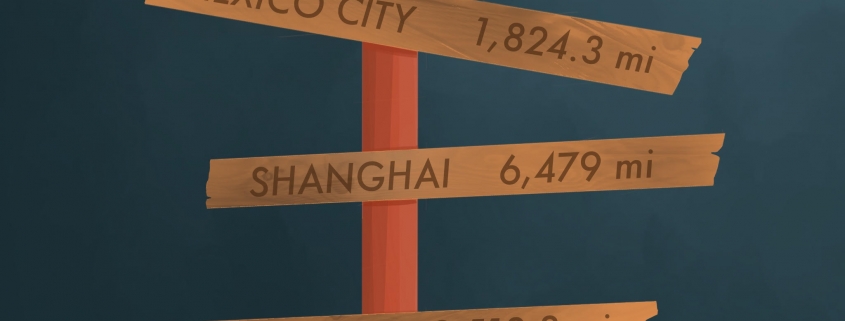Expat Generation: Finding a ground in between the known and foreign

Yesterday I was talking with a friend who told me about her recent trip to the Philippines, where her family is originally from. Although she had never been there before, it struck a chord deep within her to be face to face with and experience the land of her ancestors. She was taken aback and felt as if she had found a piece of herself there that she had never even known had been missing.
I related the impressionable story she recounted to sentiments I had experienced during certain trips back home to Mexico. You get there, and somehow the real place shines with a luster impossible for the mind to visualize while you’re away. It surprises you dearly to find something you were not expecting to find; the resurging nature of a reality you had forgotten.
Of course, this sentiment I am referring to is nothing new or unique or foreign. Quite the opposite, it is widely expressed across nations and time periods, the ultimate familiarity of a homecoming. There’s nothing quite like coming back home to lay your roots once more from where you came, from where they belong. Yes, it is well-known and universally expressed that there is no place like home. And yet, this very notion attains even more meaning the further away we venture, away from the lands and sets of beliefs, values and ideals that befitted our homegrown culture into new and diverse and previously incomprehensible existences.
Suddenly we’re in a place where people act funnily and behave funnily, and it is easy to judge them until we realize they are doing the same to us. The longer we spend in such spaces, and the more we interact and are socialized into them, the less foreign they become and the more we learn to buy into them, comprehend them and become fluent in them. The more we succeed at absorbing and understanding them, the more we begin to understand the big picture, ceasing to be lost in translation. We allow our biological brains to do what evolution has hammered so far into its deepest recesses that it comes out as instinct: adapt. We learn to code-switch — or so we think, for we are not good at realizing just how much we’ve changed until we come back to the most familiar and find it, perhaps, just the tiniest bit foreign.
And so we learn the wisdom that J.R. Tolkien once revealed: that as we depart a place and grow without it throughout our journeys, we also find that the place has grown without us upon our return.
This is the real cost of movement and change: the ground in between. The further we march into new and unventured territories, the further away we are from what was once known to us. And it’s a sad piece of wisdom to comprehend that what was so intimately well known to us will only remain so in our memories. Oh, if we could just freeze time so that upon our return a place, person or thing remained exactly as we left it — but in reality, it is not only us but also them that have left us behind.
And so we long to return, even when there is nothing to return to, except the new change we have learned to embrace. We must embrace change for it will take us to our next learning adventure, our next place from which we will look back at all those piling others from whence we came.
Unbeknownst to us, as my friend recently discovered in her first journey to a strange land that nonetheless would always in some timeless capacity be her home, a place never leaves us. Although it might die as we depart, living only in our memories and changed upon our return — it clings to us. And, like a phantom limb, it urges us to scratch it or massage it to relieve the pain or itchiness, even if it appears to be gone. And we return each time with new eyes, for we have grown, to see a new place, for it has changed.
Such is this ever transient experience that is life; we hold our breaths and plunge in after that which we must constantly find and find again.
Javier Calleja Erdmann is a sophomore writing about the international student experience. His column, “Expat Generation,” runs every other Friday.

